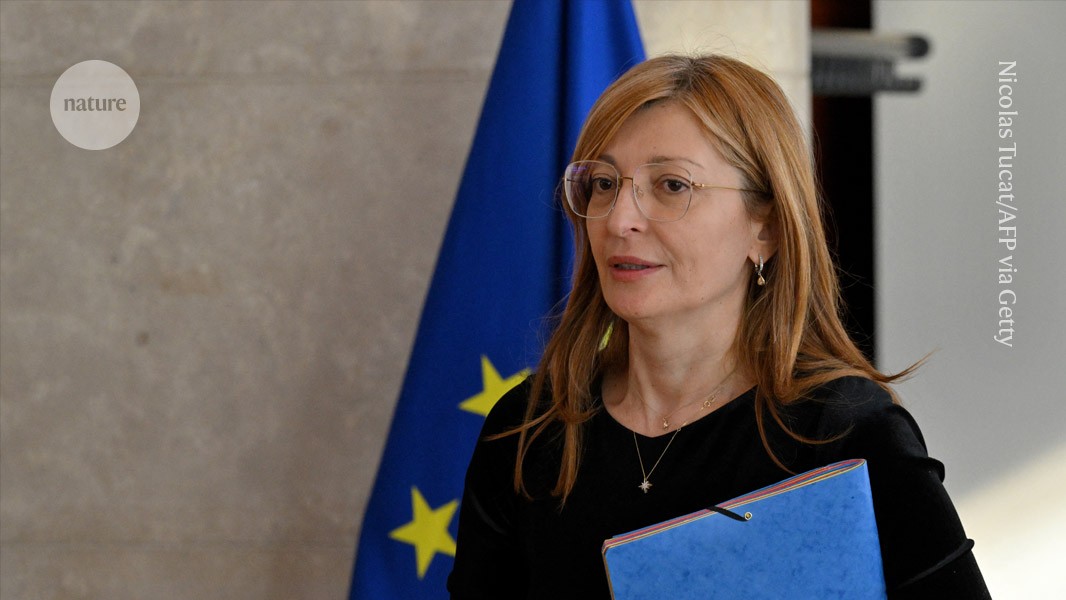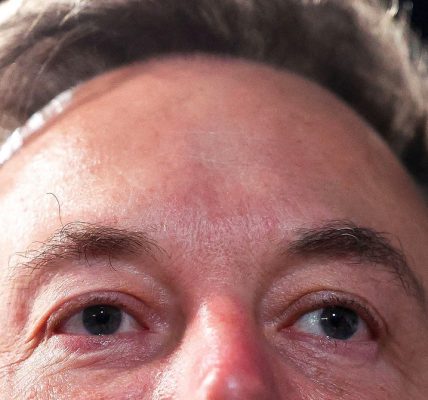The new EU commissioner for start-ups – and what to do about it (or not). How to get a grip on the Dutch research budget
Researchers leaving their homes to gain knowledge in other countries — and with that, to progress knowledge in those countries — is centuries old. It’s the story of science in many ways. Travel to the United States began in the lead-up to the Second World War. If that reverses, it will be a disaster for the United States, a setback for world science and arguably one of the greatest acts of scientific self-harm the modern world will have seen. We hope that this is a fleeting moment in history that will not be permanent. Science must prevail.
The Dutch government wants the national research-funding council to establish a fund to lure top scientists who are looking to move because of the changing climate. There are special opportunities for US researchers at universities in France and Belgium.
The European Union’s new commissioner for start-ups is Ekaterina Zaharieva. She took office in December after a long career in the government.
One of the commissioner’s main jobs is to shape the successor to the EU’s €93.5-billion (US$101-billion) Horizon Europe research programme — which supports basic and applied sciences and start-ups — set to begin in 2028.
This year we expect the budget and plan to be decided. But there’s a debate over whether the programme should be subsumed into a wider EU ‘competitiveness fund’, targeted at reviving the economy. Some scientists worry this could switch the focus from research to immediate economic needs.


